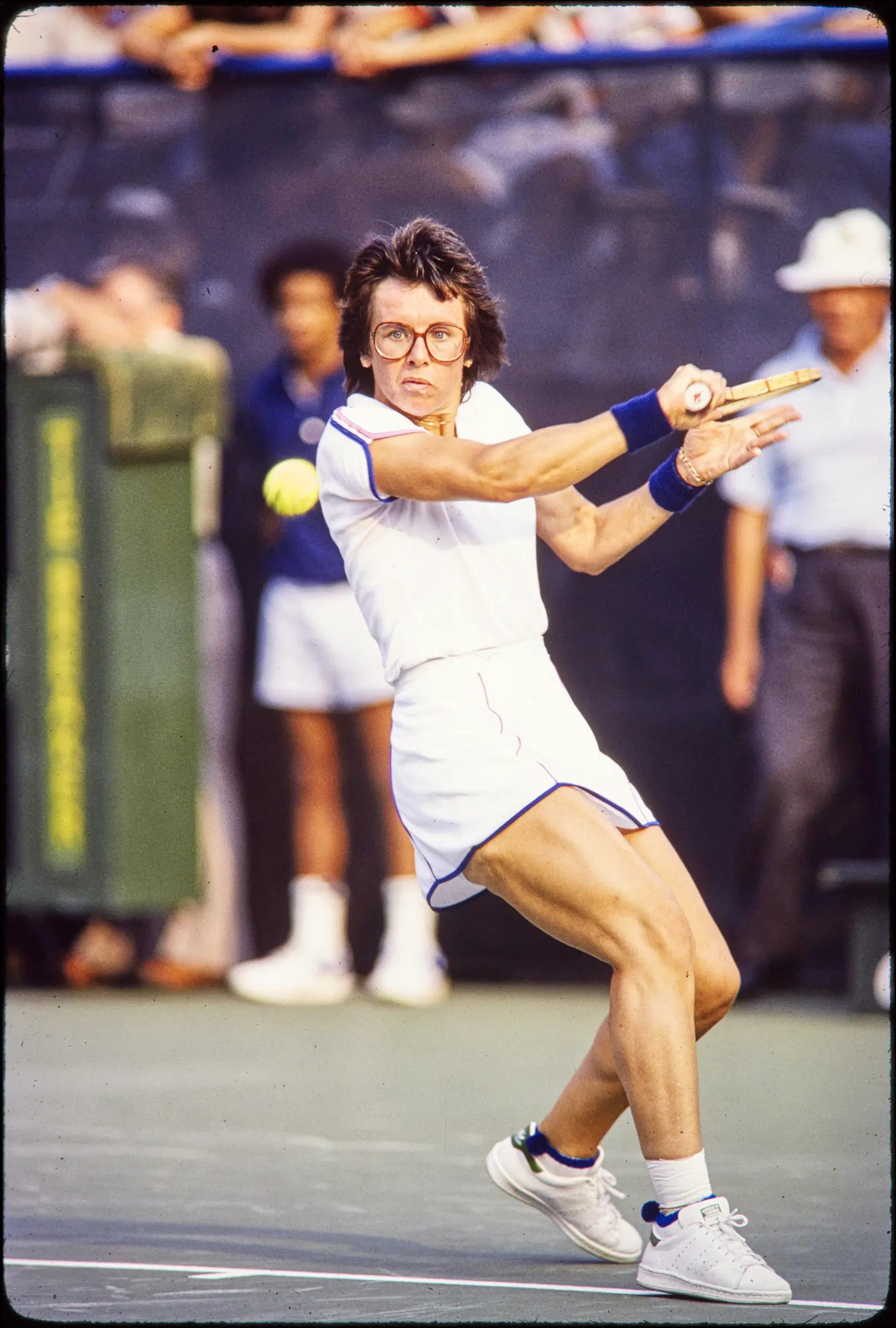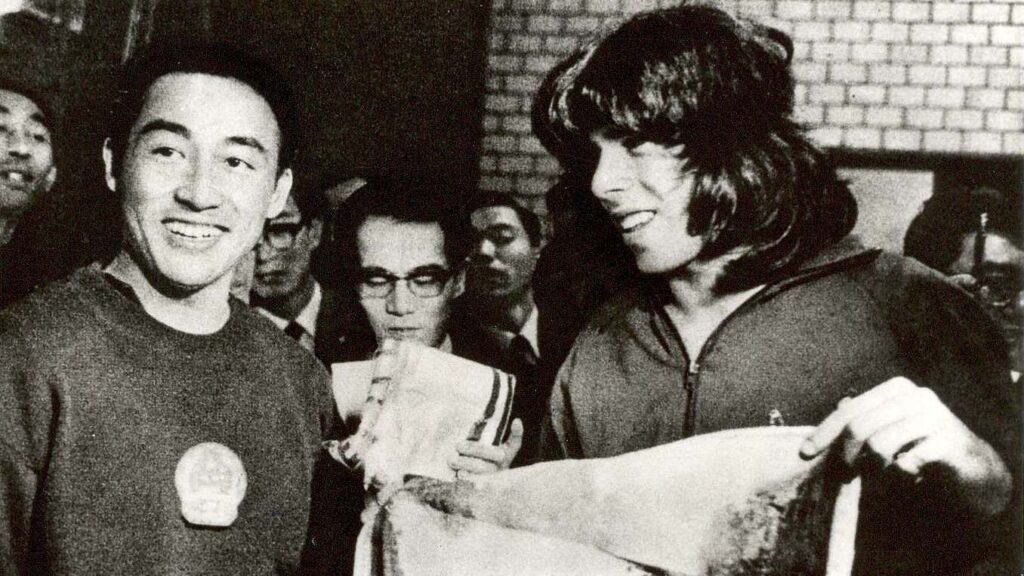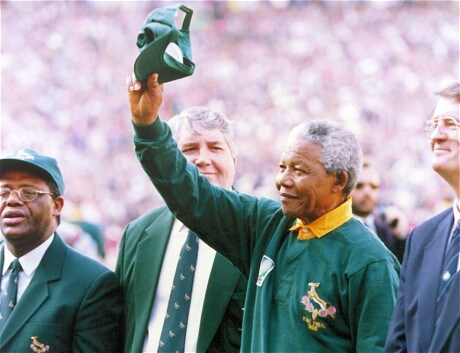
“Sports teaches you character, it teaches you to play by the rules, it teaches you to know what it feels like to win and lose – it teaches you about life.” these words by the legendary tennis player Billie Jean King stand true today and have stood tall in the past, and will continue to in the future. Billie Jean King wasn’t just a tennis champion; she was a poet of the court, her words echoing beyond the net, reminding us of the profound lessons hidden within the roar of the stadium. Sports, she rightly proclaimed, are not just about pushing physical limits, but about shaping character, understanding rules, and navigating the bittersweet dance of victory and defeat. It’s a mini life, played out in sweat and cheers, a pot where unity can be baked even when societal fault lines threaten to pull us apart.
For years, humanity has been a fabric woven with threads of difference. We clash over beliefs, ideologies, and identities, drawing invisible lines across communities. Race, religion, gender, nationality – these become battlegrounds, dividing lines etched with bias and misunderstanding. Yet, amidst this commotion of conflict, there shines a beacon of unity, a shared stage where differences melt away: the arena of sports.
One doesn’t need to look far for testaments to this unifying power. In the 1960s, amidst the racial turmoil of South Africa, a young Nelson Mandela embraced rugby, not just as a game, but as a tool for reconciliation. He understood that shared passion for the Springboks could transcend the deep divisions his country faced. Years later, when Mandela emerged from prison, the first act of his unifying presidency was to put on the Springbok jersey, a powerful symbol of hope and inclusivity that resonated across the nation.
Another instance of sporting magic came amidst the intense Cold War tensions of the 1970s, a chance meeting between two ping-pong players played a remarkable role in bridging a significant gap. In 1971, during the 31st World Table Tennis Championship, American player Glenn Cowan, running late for his team’s bus, found himself on the Chinese team’s bus instead. This unexpected encounter led to a conversation with Zhuang Zedong, the top player of the Chinese team. Despite being from different worlds, they struck up a friendship, exchanged gifts, and their connection had a profound impact.
As a result of their bond, Chairman Mao Zedong extended an invitation for the American team to compete in China. In response, President Richard Nixon warmly received the Chinese team at a reception. This simple act of friendship and goodwill eventually paved the way for formal diplomatic relations between the two nations.

And it’s not just grand gestures that showcase this magic. On smaller fields, in local courts and playgrounds, the same phenomenon unfolds. Children of different backgrounds, languages, and ethnicities come together, united by the joy of the game. They learn cooperation, respect for rules, and the thrill of teamwork, forging bonds that transcend their individual differences. These seeds of empathy and understanding sown in sporting grounds blossom into a more tolerant and inclusive society.
Sports’ ability to unite extends beyond national borders. The Olympics, the World Cup, and countless other international competitions become global festivals, where rivalries simmer within the sporting arena but leave camaraderie and shared humanity simmering outside. Athletes from diverse nations celebrate each other’s victories, mourn defeats together, and forge connections that surpass political and cultural boundaries. For a moment, we are not citizens of different countries, but members of a global tribe, united by the language of sportsmanship and athletic excellence.
However, this is not to paint a naive picture. Sports are not free from their own biases and inequalities. Gender disparities, economic barriers, and the dark stain of doping cast shadows on the playing field. But even in these challenges lies an opportunity for growth, a chance to rewrite the rules and level the playing field. By advocating for equality, promoting inclusivity, and tackling discrimination head-on, we can ensure that sports remain a true reflection of the diverse world we inhabit, a world where everyone has the right to play, and the potential to shine.
So, the next time you witness a stadium erupting in cheers, when an athlete leaps for victory with tears in their eyes, remember that it’s not just about the game. It’s a testament to the unifying power of sports, a glimpse into a world where differences fade, and shared passions ignite. In the words of Nelson Mandela, “Sport has the power to change the world… it has the power to unite people in a way that little else does.” Let us, then, embrace this power, use it to bridge divides, and ensure that the playing field shares the spirit of sportsmanship.











